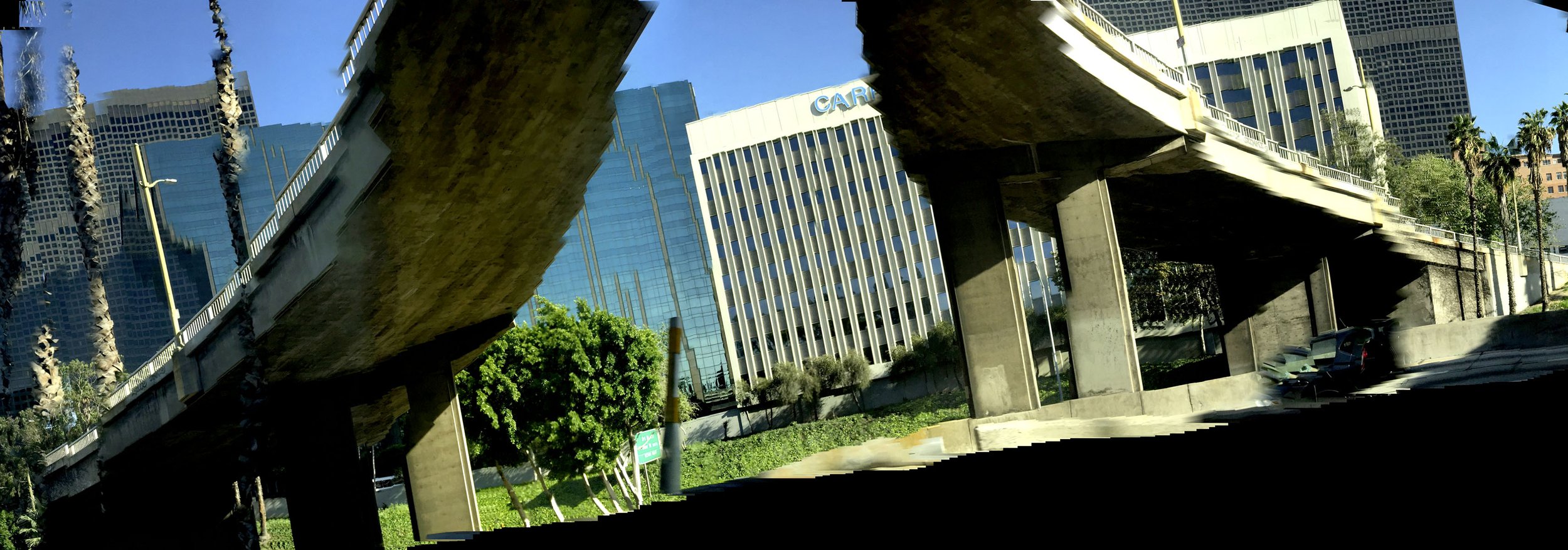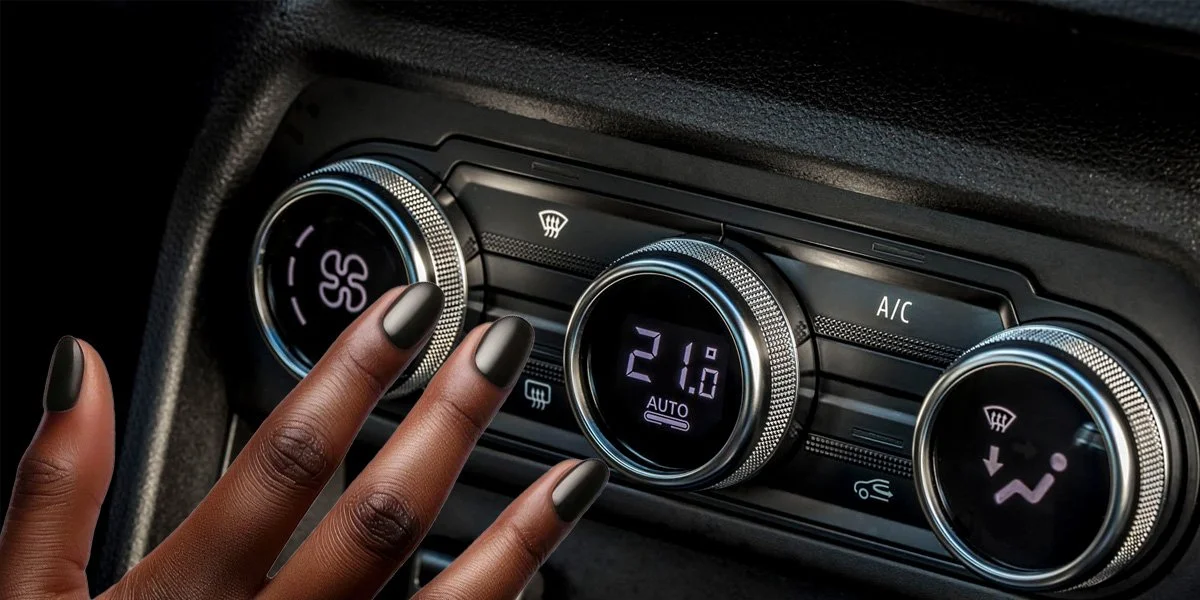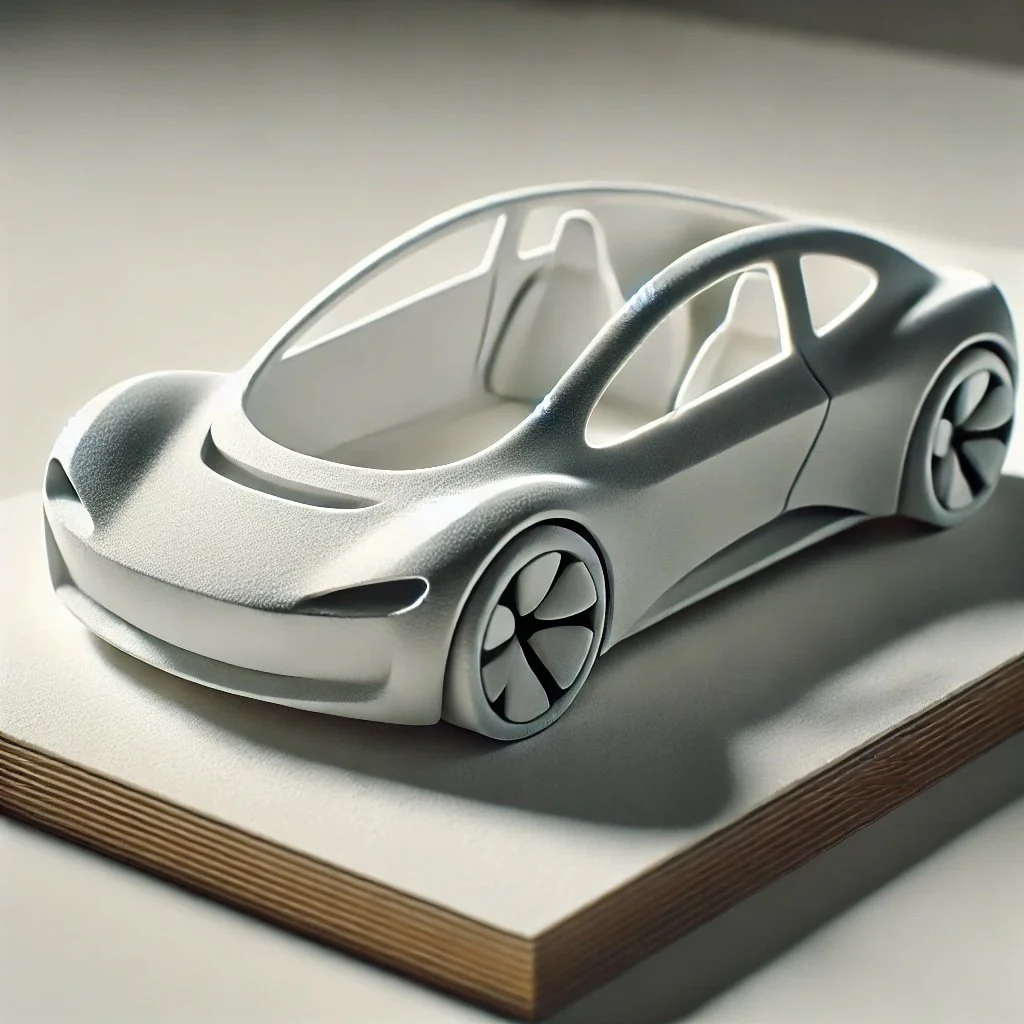
Journal of Mobility Futures
Turn Signals
Bring back the knobs! Reintroducing physical controls in automobiles for safety and usability
The growing reliance on touchscreen interfaces in vehicles poses significant risks to safety and usability, particularly by diverting the driver’s attention to the UI, increasing cognitive load, and compromising situation awareness. Reintroducing physical controls for critical driving tasks can address these issues by providing intuitive, tactile feedback that supports drivers' ability to perceive, comprehend, and project essential environmental phenomena.
How to build a World-Wide Wi-Fi
A truly global, sustainable internet will require a hybrid network combining ground-based towers, uncrewed airships, and satellites to balance speed, cost, and environmental impact. To ensure equitable access, these systems should be owned and operated by governments, non-profits, and cooperatives, making connectivity affordable or free for underserved communities—an investment in humanity’s future rather than a corporate-driven commodity.
Is it possible to build an advanced zero-carbon civilization?
Solving the climate crisis and saving the world is far more difficult and complex than most of us think. Is it even possible to build an advanced, technological civilization that doesn’t destroy the planet? Can we design a world that is both sustainable and free from preventable human suffering?
The critical need for interaction design in the aerospace industry
New aerospace systems increasingly require robust human factors engineering and interaction design to ensure safety, reliability, and efficiency in complex, high-stakes environments.
Actor-Network Theory for designers and futurists
Actor-network theory (ANT) can profoundly transform how designers, futurists, and scholars across various disciplines approach the complex web of relationships that define the interactions between people, technology, and the environment.
Editorial Board
Julian Scaff, Editor
Richard Pelletier, Project Showcase Editor
Call for Submissions
We welcome submissions of short essays, longer feature articles, projects, and case studies to Turn Signals. We are looking for visionary articles, and projects about sustainable and human-centered mobility futures.
Turn Signals is intended for a professional and policy-making audience. We encourage contributors to write essays and articles in an accessible, non-academic style.
Our Project Showcase is a visual gallery of inspiring work, with short introductory text and image captions.
Use the form below to submit. Please provide a link to a cloud drive (i.e. Google Drive, Dropbox, etc.) with your text document and any other media such as photos or videos.
Note that you must have the legal right to share and publish all media you submit.
-
Short opinion pieces and research findings.
750-1,500 words.
1-3 images, JPG or PNG, at least 1,000×1,000 pixels.
-
In-depth articles on design practices, research, and public policy.
1,500 - 5,000 words.
1-5+ images, JPG or PNG, at least 1,000×1,000 pixels.
-
Projects or case studies featuring design concepts and solutions.
250+ word project description.
10-20 images, JPG or PNG, at least 1,000×1,000 pixels.
Optional: 1-3 videos, .mp4 or .mov file format, 720p or 1080p resolution.
-
Citations of sources (if any) should follow the simplified Chicago Style or Harvard Referencing format:
AuthorLastName, AuthorFirstName. Title of Book or Article. Name of Publisher, Date of Publication.





